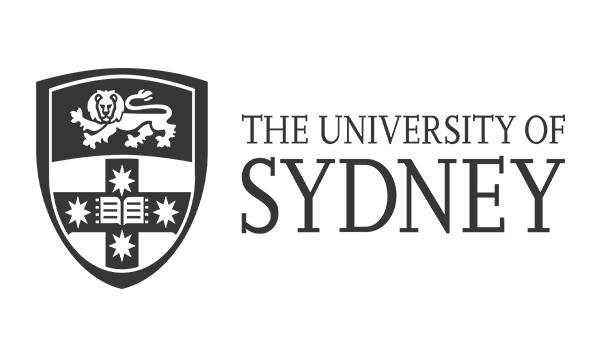AU7 Master of Architectural Science (High Performance Buildings) (Sustainable Design) University of Sydney
-
THÔNG TIN CHUNG
An exciting and rewarding career in the built environment field awaits graduates of this unique program that focuses on the emerging area of high-performance buildings with a specialisation in sustainable design. On graduation you will have acquired an evidence-based education on the design, service provision and operation of buildings in a sustainable manner with a deep knowledge of sustainability principles.
With extensive experience analysing and controlling the physical phenomena affecting buildings, practitioners of Architectural Science have a profound impact on the function, aesthetics and efficiency of architectural spaces. Architectural Science courses can be taken as single or double streams. In the double stream program, the core units from the secondary degree are taken as the electives in the primary degree.
The double stream program is completed as 96 credit points over two years, allowing you to draw expertise from an aligned Architectural Science stream and prepare to pursue or develop your career within a wide range of areas in the built environment.
PRIMARY STREAM
The High Performance Buildings program at the University of Sydney is unique in Australia. It offers the opportunity to pursue or develop an exciting career in the built environment field within a wide range of areas including building services, facilities management, architectural practice, business, sustainable design commercial development, property management and more. It is open to graduates from a range of disciplines including science, engineering, architecture, building and planning.
Created in close consultation with industry stakeholders, the program will train professionals who can collaborate with designers, construction teams and facilities managers to achieve sustainable outcomes that raise the bar for world's best practice.
Studying with us, you will have access to world-class equipment and facilities, including the Indoor Environment Quality (IEQ) laboratory for research into the interaction of temperature, humidity, air movement and quality, ventilation, daylight, artificial lighting, sound and acoustics. You will be equipped with the professional skills to ensure maximum operational efficiencies, optimal comfort and ideal health outcomes for occupants of corporate and residential environments.
SECONDARY STREAM
Sustainable design involves an approach to creating buildings that meets the world's need to reduce our impact on ecological systems. The built environment professions - including architects, engineers, urban designers and planners - are increasingly held responsible for the performance of their designs and projects, including accordance with promised environmental principles. Sustainable design skills are highly demanded by the construction and design industries, environmental consultancies, government agencies and in the day-to-day operation and management of commercial buildings.
This program is tailored for design and related built-environment professionals who wish to improve their knowledge and skills in sustainable design. Our integrated approach to Sustainable Design provides you with the knowledge you need to address sustainability considerations without compromising building functionality or profitability.
You will combine the aesthetic approaches to design with a thorough understanding of energy efficiency, analysis and performance metrics. You will be exposed to ratings systems, myriad testing methods and will come to understand energy and resource use from ecological, economic and governance perspectives, as well as the storage and release of energy and how to design for both performance and comfort.
-
CƠ HỘI NGHỀ NGHIỆP
The Master of Architectural Science (High Performance Buildings) will prepare you to work in a specialised capacity in the fields of building services, architectural practice, business, sustainable design, commercial development, property management and more. Some graduates have used the degree as the foundation for a research degree in this field. The secondary stream will provide building design professionals and allied para-professionals with further knowledge and skills in the area of sustainable design. The knowledge and skills developed would be relevant to: urban planners in achieving sustainable development or sustainable cities; sustainable architects in order to reduce the collective environmental impacts during the production of building components, the construction process, or the lifecycle of the building; and those employed in design-related roles in the public sector or in a consultancy that specialises in public and non-profit client work.
- ĐIỀU KIỆN ĐẦU VÀO
- ĐIỀU KIỆN NGÔN NGỮ
- HỌC BỔNG
- ĐỊA ĐIỂM
Tóm tắt
-
Phí ghi danh
100
-
Độ dài khoá học
2 năm
-
Kỳ nhập học
Tháng 2
Tháng 8
Phí Cơ Bản
-
Loại Tiền
-
Học Phí
Trên năm -
Phí Sinh Hoạt
Trên năm -
Tổng






